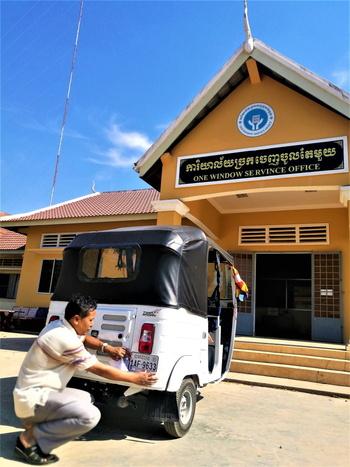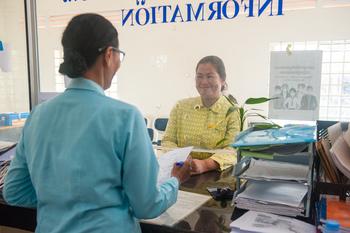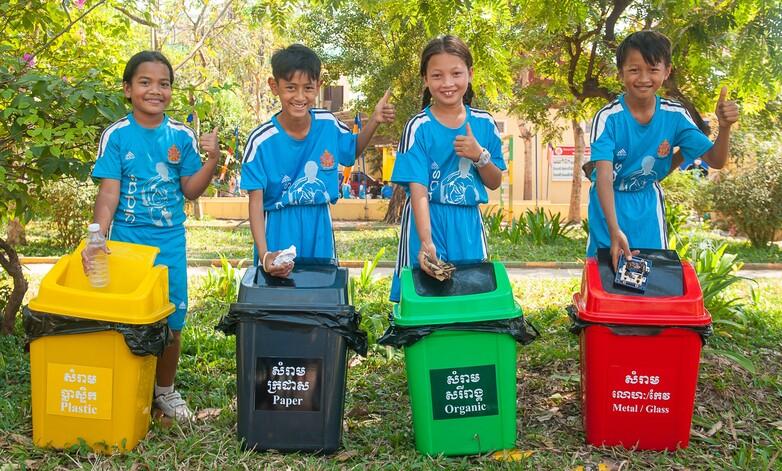Context
Since introducing the first local government act in 2001, Cambodia has been steadily developing its decentralisation reform. December 2019 saw two significant steps in this reform process: (1) the transfer of wide-ranging sector tasks to the district and municipality level, and (2) the creation of an integrated local administrative structure where the line offices are now subordinated to the leadership of the district and municipality governors with the elected councils setting priorities and overseeing their implementation. What is still lacking are clear processes and local strategies for districts and municipalities to be able to exercise their new responsibilities.
Objective
The local governments are using strategies and improved procedures to deliver high-quality services inclusively and sustainably to the citizens.


